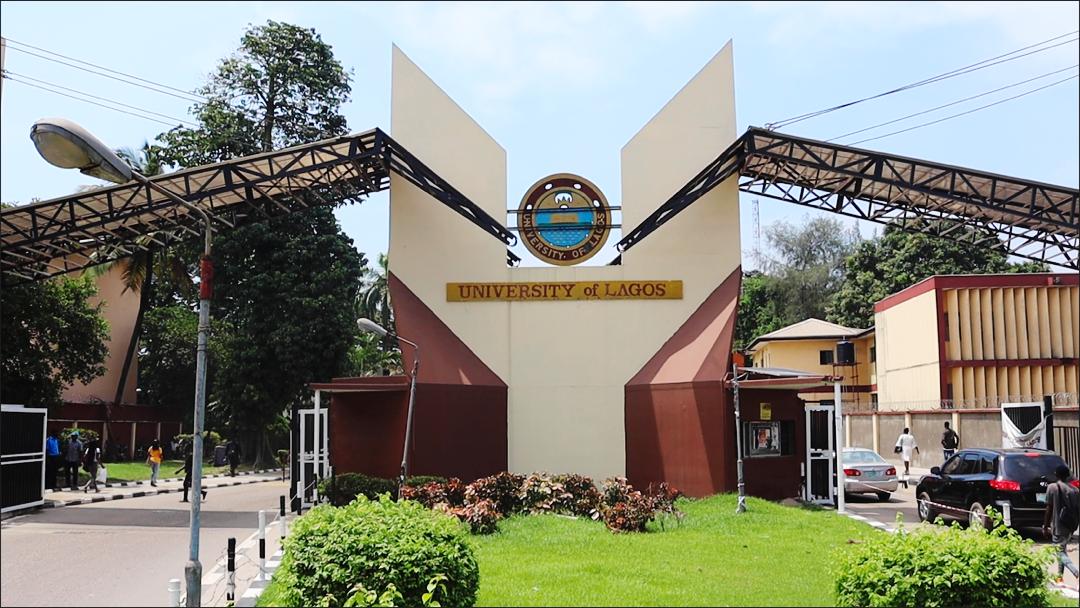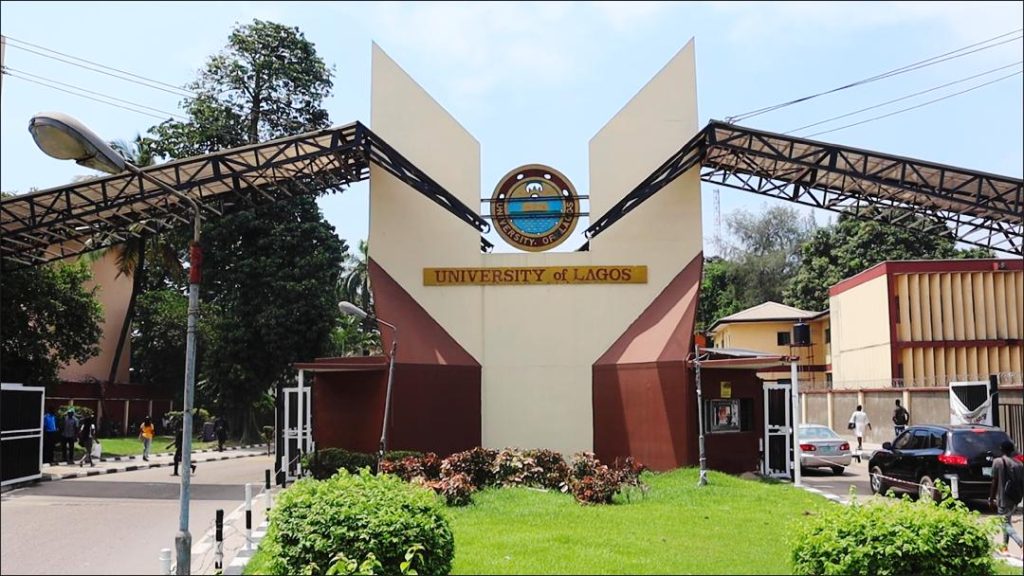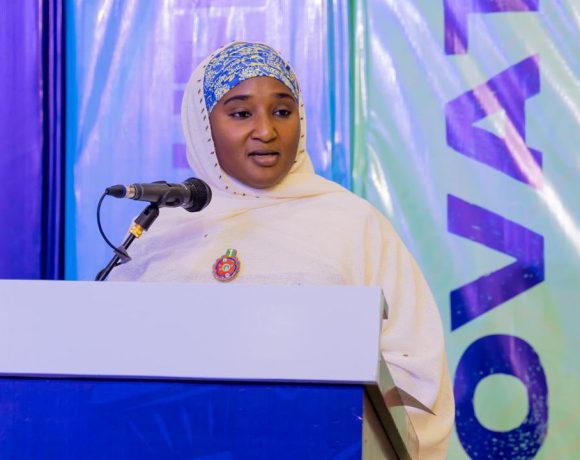Top 10 Nigerian medical universities for 2025


A 2025 evaluation carried out by Times Higher Education (THE) has highlighted Nigeria’s top universities for medicine and health science disciplines, assessing them using metrics such as institutional performance, research strength, graduate employability, and alumni outcomes.
As Nigeria continues to deal with a critical deficit of healthcare workers, pursuing a medical degree has remained a wise and promising choice, offering both job reliability and the chance to work abroad.
In Lagos State by itself, the gap in medical personnel has reached about 30,000, creating a doctor-to-patient proportion that falls far below the guidelines advised by the World Health Organization (WHO).
Doctors trained in Nigeria remain in high demand internationally, especially in countries like the United Kingdom, United States, and Canada, all of which accept their medical credentials. This makes earning a medical or health sciences degree a stable career route locally and a door to global possibilities.
Here are ten leading universities you should consider if you’re planning to study medicine or health-related courses in Nigeria:
10. Ladoke Akintola University of Technology (LAUTECH)
LAUTECH distinguishes itself with a forward-thinking approach to training in the fields of diagnostics and medical technologies.
It has a total of 33,331 enrolled students and a staff-to-student ratio of 1:48.5, and it was ranked above 1001 in global assessments.
According to the 2024 rankings, LAUTECH did not make the top 10; instead, Nnamdi Azikiwe University held the tenth position at that time.
9. Usmanu Danfodiyo University, Sokoto (UDUS)
Founded in 1975 in Sokoto State, UDUS achieved a global rank between 801 and 1000. It is particularly known for its contributions to tropical medicine and public health education.
The university serves 23,491 students, with a staff-to-student ratio of 1:19. Its student body has a gender composition of 27% female and 73% male, showing more male enrolments.
UDUS did not feature among the top ten institutions in the 2024 list, where University of Port Harcourt was ranked ninth instead.
8. University of Nigeria, Nsukka (UNN)
Established in 1960, the University of Nigeria, Nsukka (UNN) is one of the country’s historic institutions in the field of medical training.
It was ranked globally in the 801–1000 category, with a total enrolment of 43,168 students and a low teacher-to-student ratio of 1:11.4. The university is widely respected for its rich research efforts and broad-based health science programs.
UNN maintained its eighth-place standing nationally in the 2024 list, with a nearly balanced student body—46% female and 54% male.
7. University of Ilorin (UNILORIN)
The University of Ilorin (UNILORIN), located in Kwara State and founded in 1975, has a global ranking between 801 and 1000, serving 48,837 students with a staff ratio of 1:36.3.
Spanning around 15,000 hectares, it ranks among the largest university campuses in Nigeria.
In 2024, it also appeared in the global 801–1000 bracket and was placed sixth nationally, whereas Lagos State University was ranked seventh.
UNILORIN is known for building strong foundations for medical education. Although it does not have foreign students, its gender composition is 48% female and 52% male.
6. Obafemi Awolowo University (OAU)
Recognized as one of Nigeria’s top institutions, Obafemi Awolowo University (OAU) was placed in the 801–1000 range globally and currently serves 36,929 students, maintaining a 1:29.3 student-to-staff ratio.
In the previous 2024 rankings, OAU appeared in the 601–800 group internationally and was listed third nationally.
5. Bayero University, Kano (BUK)
Bayero University, Kano (BUK) has been steadily gaining visibility for its efforts in healthcare education. It is placed in the 801–1000 tier globally and supports 37,377 students with a teaching ratio of 1:22.3, which enhances learning quality.
In 2024, BUK also ranked globally in the 801–1000 bracket and came in fourth place in the Nigerian rankings.
4. University of Benin (UNIBEN)
The University of Benin (UNIBEN) was listed among the 601–800 universities globally. The school is home to a well-established medical college responsible for training thousands of health professionals. With a research score of 51.4, and strong teaching credentials, it ensures well-rounded education in medicine.
In 2024, the school placed in the 801–1000 range globally and fifth in Nigeria.
UNIBEN has 44,140 enrolled students and maintains a staff-to-student ratio of 1:24.1. It has a perfectly equal gender split, with 50% female and 50% male students.
3. Ahmadu Bello University (ABU), Zaria
Located in Kaduna State and created in 1962, Ahmadu Bello University (ABU) was ranked between 601 and 800 globally, and it offers high-quality training in medicine and related health fields.
Its student enrolment is 49,531, and it boasts a favorable 1:16.6 staff-to-student ratio, which makes for an effective academic setting. Its reputation for research and international reach makes it a compelling choice for aspiring health professionals.
ABU’s gender distribution stands at 37% female and 63% male.
2. University of Lagos (UNILAG)
A leading choice for top-tier medical training, the University of Lagos (UNILAG) was rated between 401 and 500 globally. The school has 40,197 students and a teaching ratio of 1:24.4.
UNILAG shared this global rank with the University of Ibadan in 2024.
The institution emphasizes strong industry collaboration and hands-on training in the healthcare sector. The student population is evenly split, with a 50:50 female-to-male ratio, contributing to an inclusive academic space.
1. University of Ibadan (UI)
The University of Ibadan (UI), Nigeria’s earliest university, has again secured the top spot among medical institutions in the country, holding its lead in the 2025 rankings as well as in 2024.
Globally, UI ranked within the 401–500 category for both years.
Home to an esteemed College of Medicine, UI is known for delivering cutting-edge research opportunities and has a strong name in health academics. With 37,598 students and a staff ratio of 1:17.9, it creates a focused and supportive learning setting.
The school has international appeal and a gender distribution of 51% female and 49% male. As one of the nation’s most established and respected medical universities, UI consistently turns out highly competent healthcare workers.









